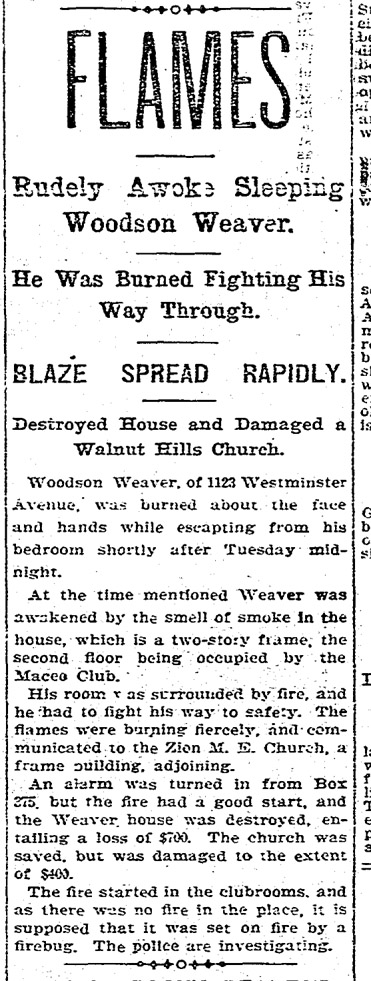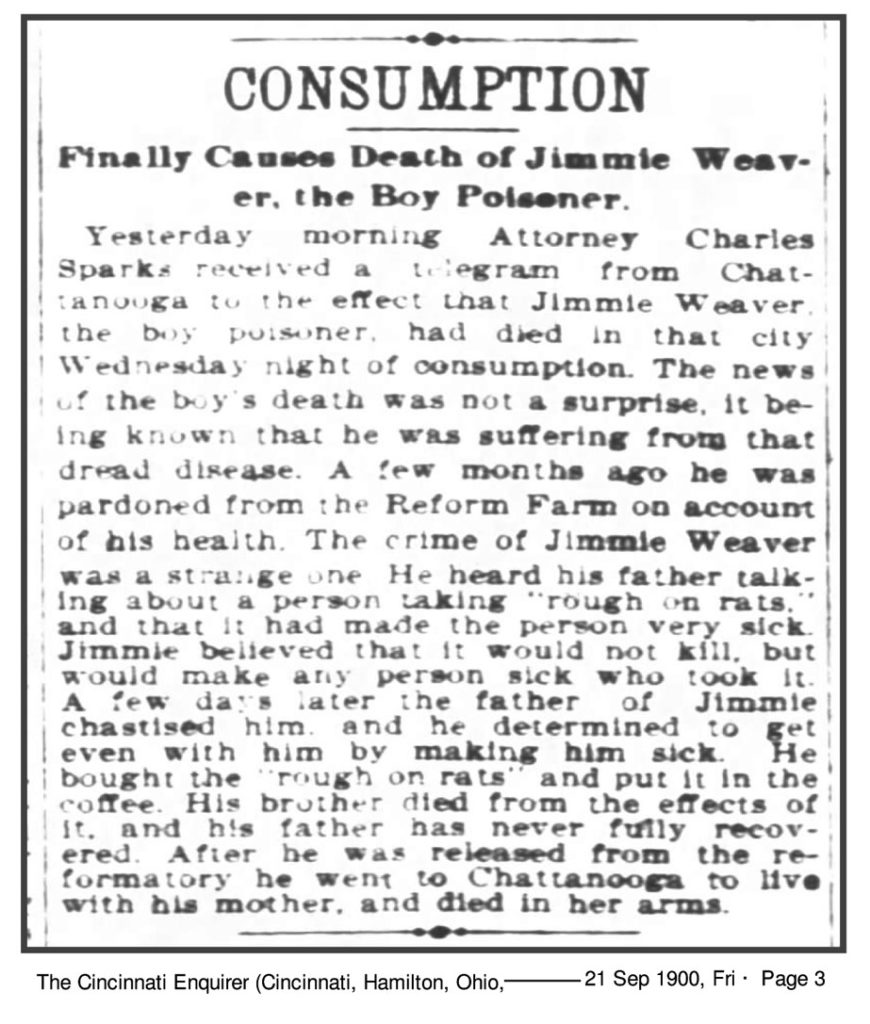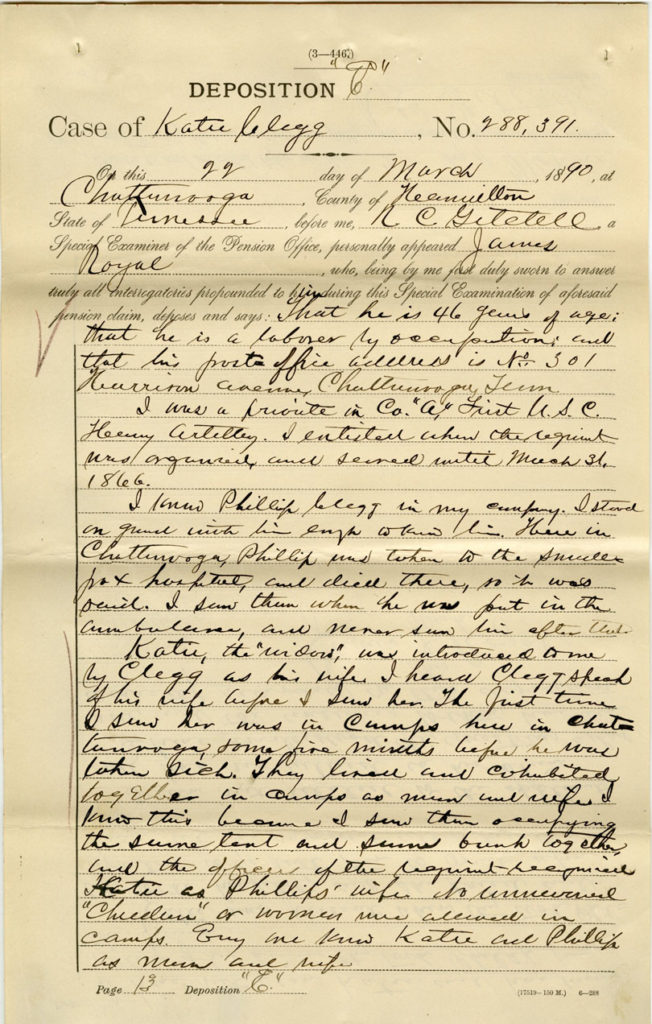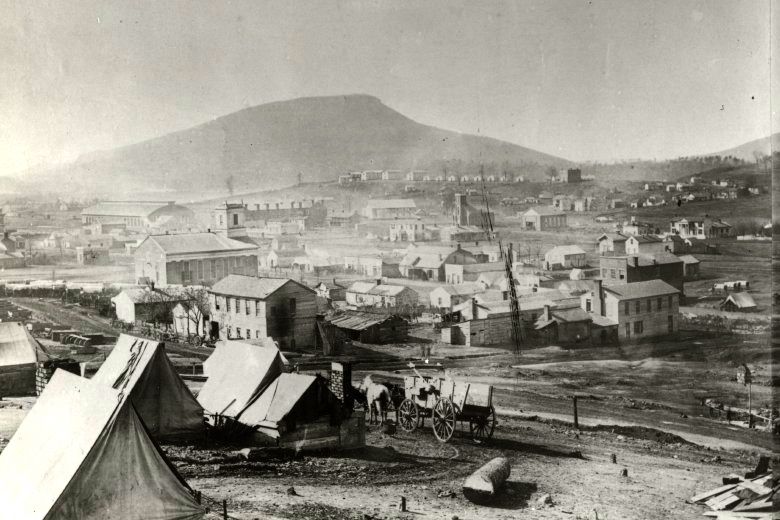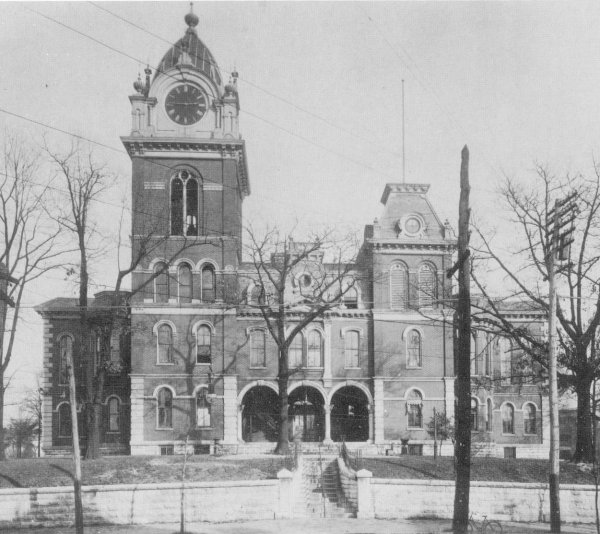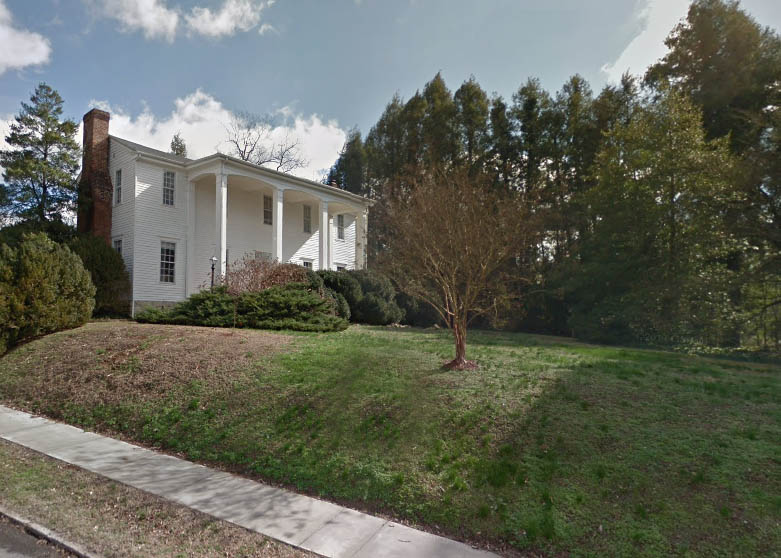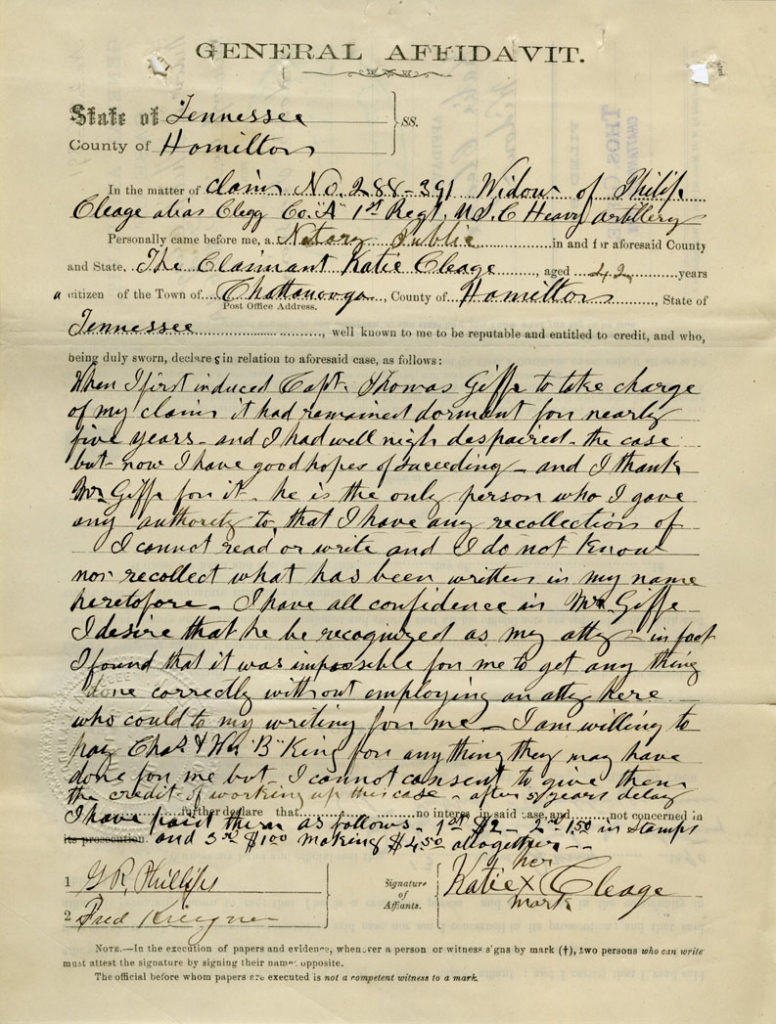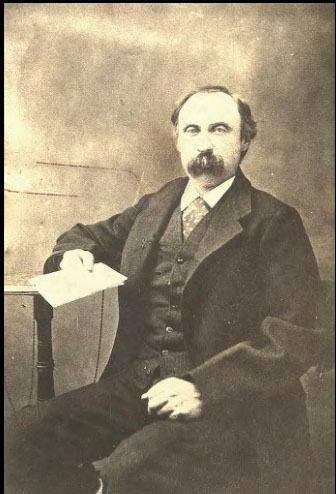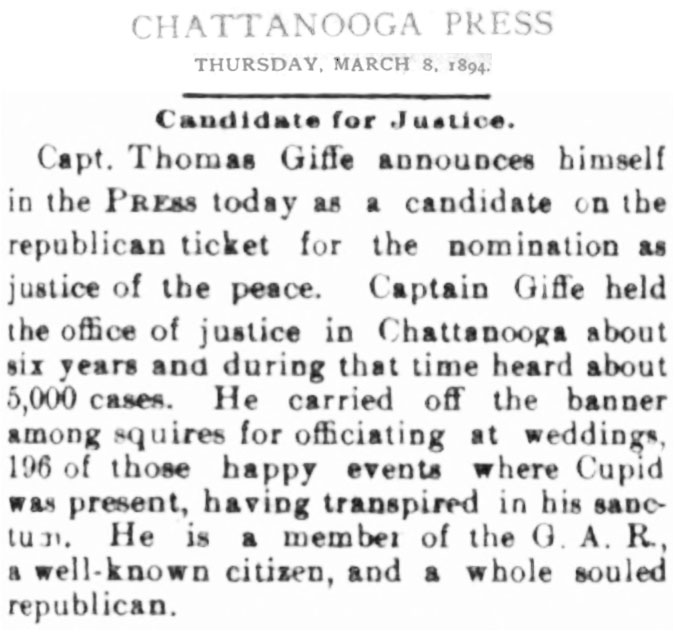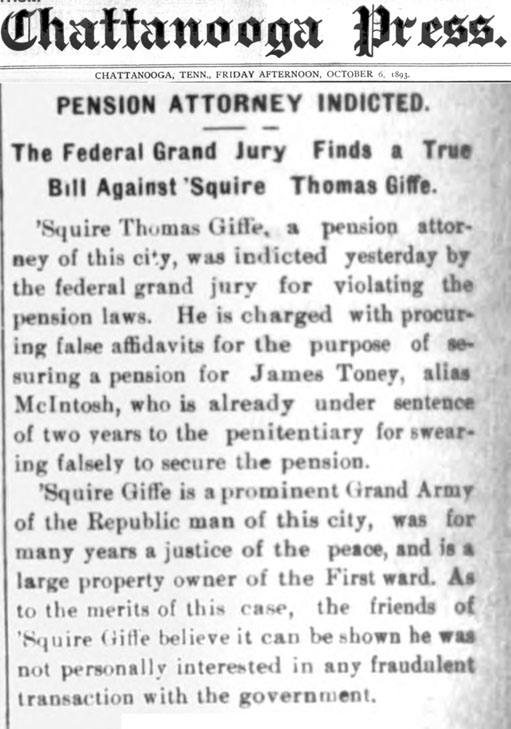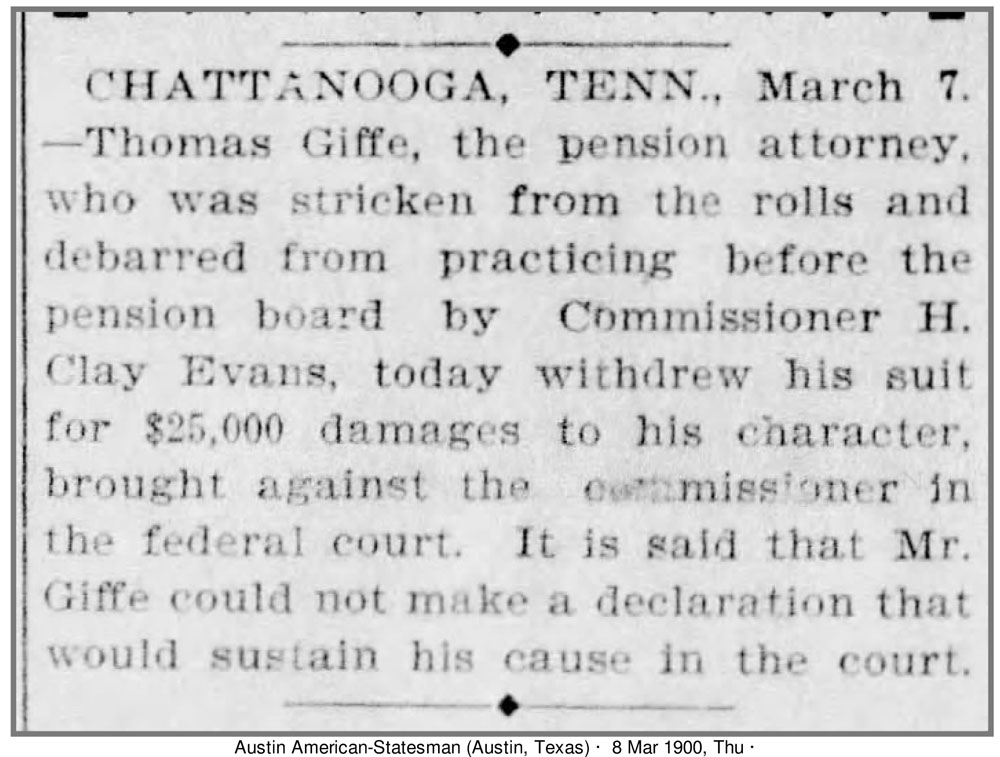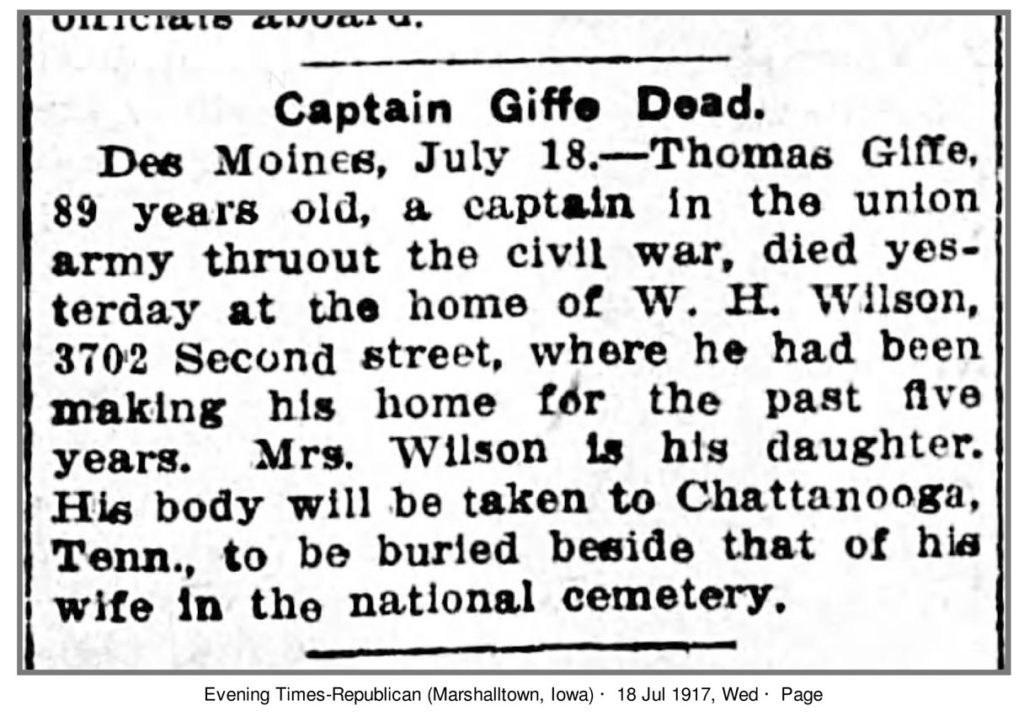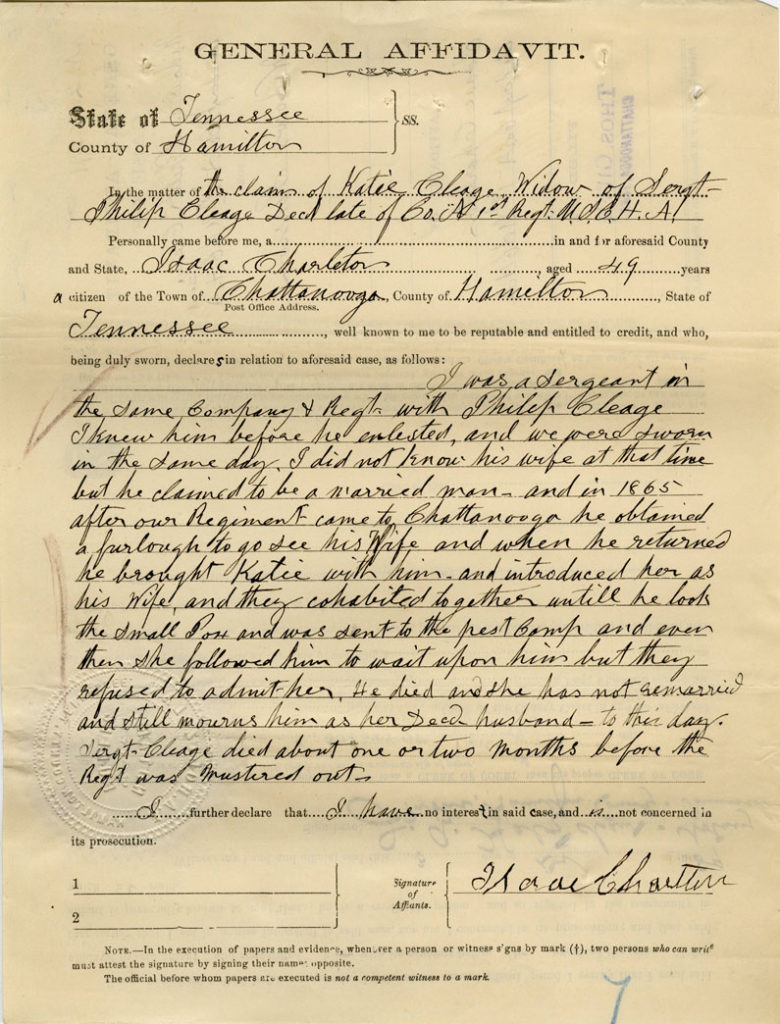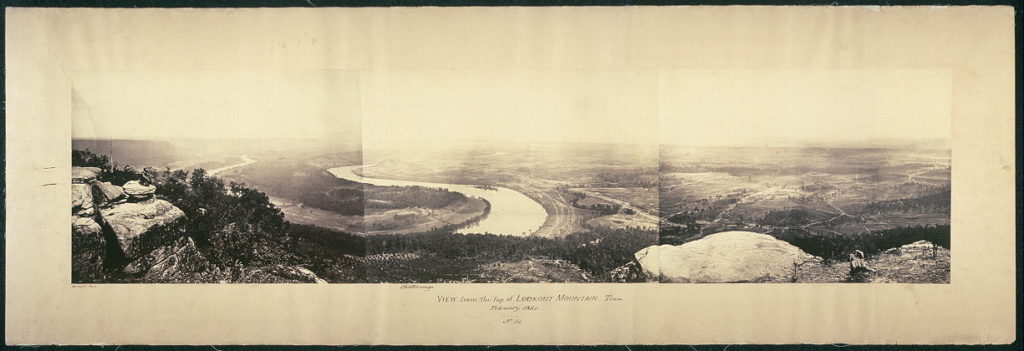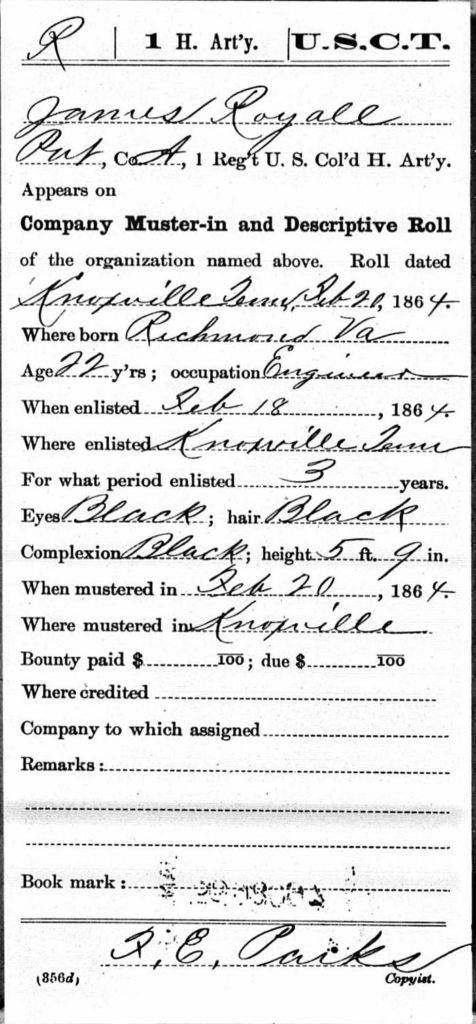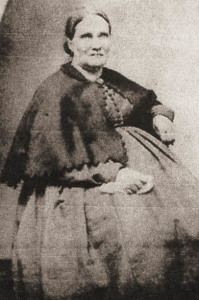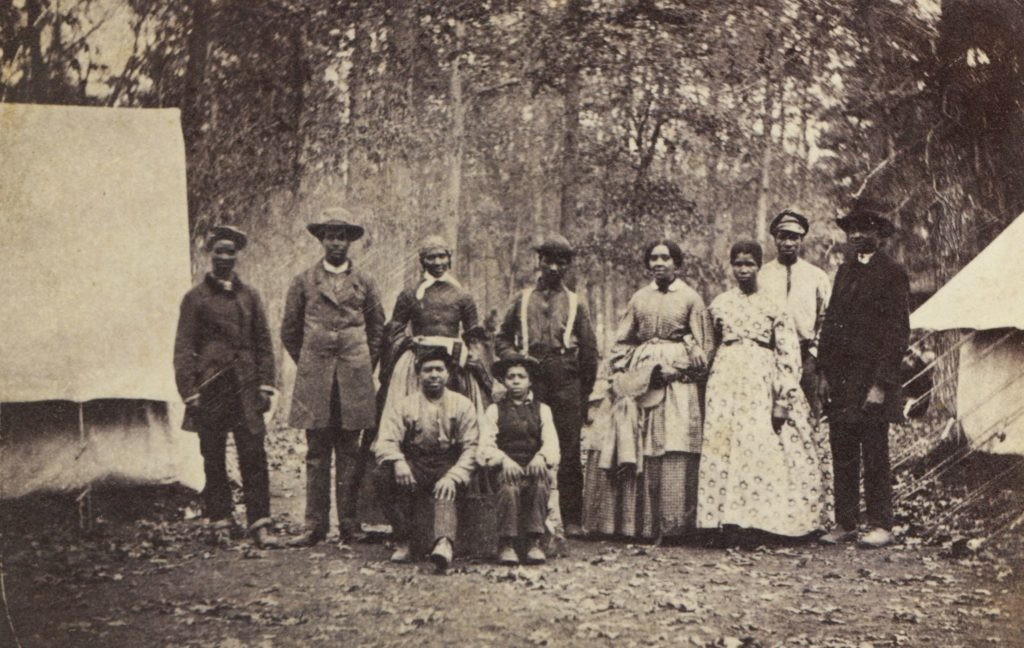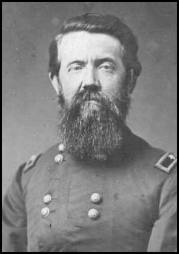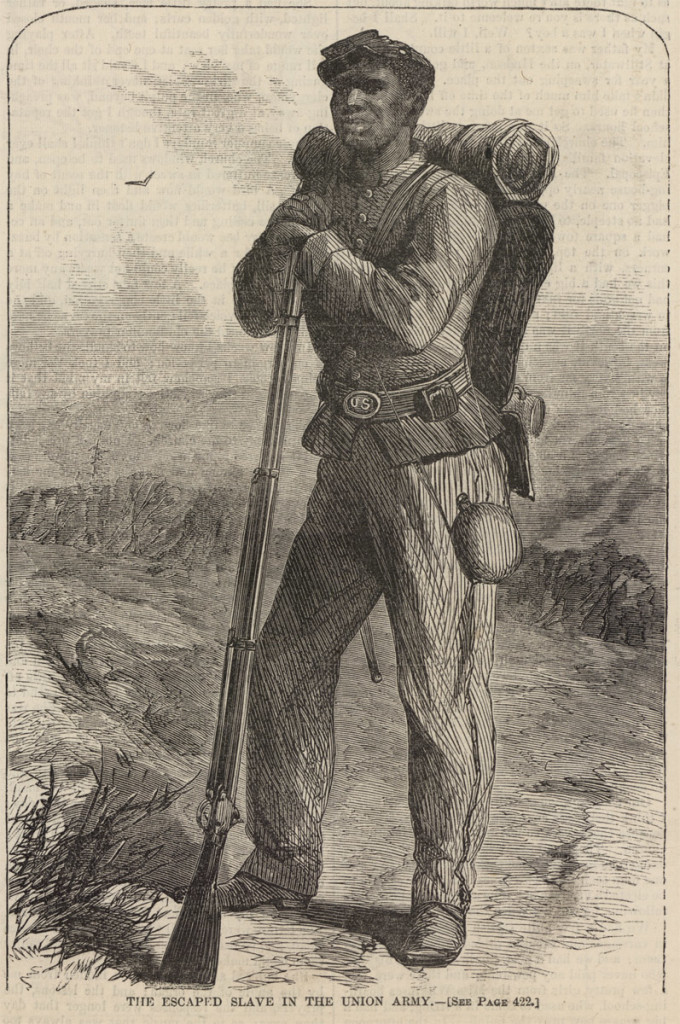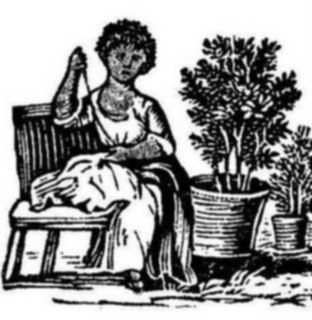Deposition F
Case of Katie Cleage 22 March 1890
Chattanooga, Tennessee
Woodson Weaver
That he is 45 years of age: that he is a Hackman by occupation and that his post office address is No. 305 Spring St. Chattanooga, Tenn.
I was first duty sergeant of Co. “G” First USCH Artillery. I knew Philip Cleage only in the army. I do not know what became of him. I do not know whether he is living or dead.
Katie Cleage was Philip’s wife. They “went” as man and wife in the army. If she hadn’t been his wife they would not let her stay there. They went together, had a tent in camp and passed as man and wife. I often seen them in the tent together and she used come and stay there for three and four days at a time and no woman unless she was married to a soldier was allowed to remain there. Everyone in camp knew they were man and wife, and considered them as such. I know nothing about their marriage. I only know of them cohabiting together as man and wife in the army.
I have known Katie ever since the war. She has not married since Philip died. I do not know whether she has had any children or not since the war as I never visit her house. I only know her in passing and re-passing on the street.
I am in no way related to the claimant and have no interest in her claim.
I have understood the questions asked me, and the answers to them have been correctly recorded in this deposition
Woodson Weaver (His mark)
************
There was no new information in Woodson Weaver’s short testimony so I decided to look at his life and write something about him. At first I was confused at finding a Woodson Weaver in Knoxville, and then in Chattanooga and then in Cincinnati, Ohio. I wondered if I had the same man. I decided that the man in Knoxville was the same man in Chattanooga because once he moved, no Woodson Weaver was found in the records in Knoxville. I was not sure about the Woodson Weaver I found in Chattagnooga until I found his find-a-grave record which showed that he had served in Company G, 1st US Colored Heavy Artillery, which I knew he had.
It was at that point that I decided to search for Woodson Weaver in newspapers and found a disturbing and widely covered event involving his family.
Woodrow Weaver was born into slavery in Wagner, Kentucky about 1845. He was brought to Tennessee at some point and in 1864 he enrolled in Co. G of the USC Heavy Artillary in Knoxville, TN. He was mustered out in March 1866 in Knox County. In December of the same year he married Nancy Rice. Before he was married, his son John Weaver was born, mother not known.
Woodrow and Nancy stayed in Knoxville where he worked as a railroad laborer. By 1880 they had relocated to Chattanooga. In 1884 he began receiving a pension for disability. He had a hearing loss. Nancy returned to Knoxville and died there in 1887. Woodrow worked as a drayman and a laborer. In 1888 his son James Washington/Weaver was born to Rachel Washington. They did not stay together. In 1896 and 1897 we find Woodrow Weaver in Cincinnati, Ohio working as a peddler. His son John shared the house at 1123 Lincoln Avenue and worked as a laborer.
In September of the following year, 1898, the two story frame house burned to the ground. The family lived on the first floor and the Maceo Club, a black political club, had the rooms upstairs. The club was named for the black Cuban Revolutionary, Antonio Maceo. The newspapers of the day were full of stories about the Cuban fight to free themselves from the Spanish. The fire started in the club rooms.
In early 1899, Woodson Weaver re-married. His wife died mysteriously soon after the marriage.
In mid May, disaster struck the family. The father Woodson and the son John were both struck down by poison. “Rough on Rats” had been added to their morning coffee. John Weaver died later that day at City Hospital. Sixty year old Woodson Weaver was seriously ill for months. He finally recovered, but never fully regained his health.
Papers all over the country carried sensational stories about the murder. James served a little over a year before he was pardoned and sent home to his mother where he died of consumption
In the 1900 census, several months before Jimmie died of consumption. He is listed in his mother Rachel’s household, along with an older sister, Katie 19 and a younger brother, Clarence 8. Katie Washington died in 1903 of consumption. She was 22. Rachel died in 1910 at age 55 of Bronchitis. I lost track of Clarence after the 1920 census in Chicago, Illinois.
Woodson Weaver died at the age of 67 in 1907. He never recovered his strength after the poisoning.
********
Resources I used for this post include: Katie Cleage’s Pension file, Ancestry.com (censuses, city directories, death records); Newspapers.com.; FamilySearch.org, marriage records and GenealogyBank
For links to the other posts in this series, click this link – Katie Cleage’s Pension Hearing
